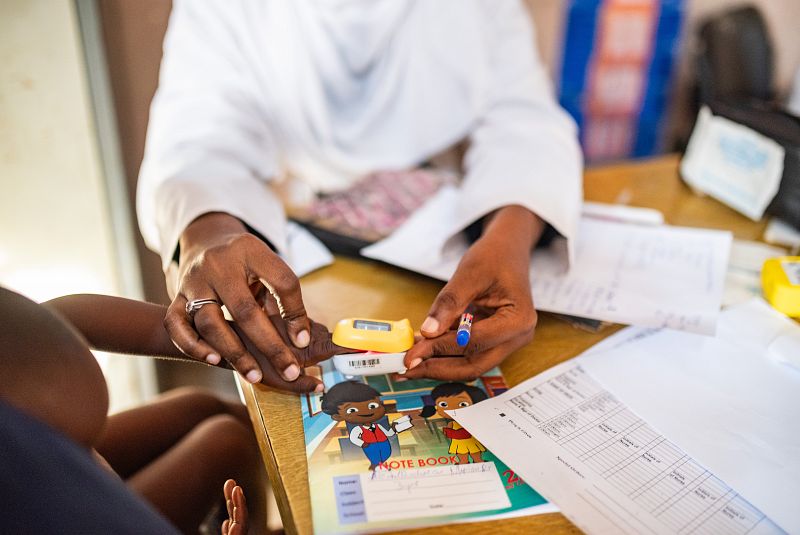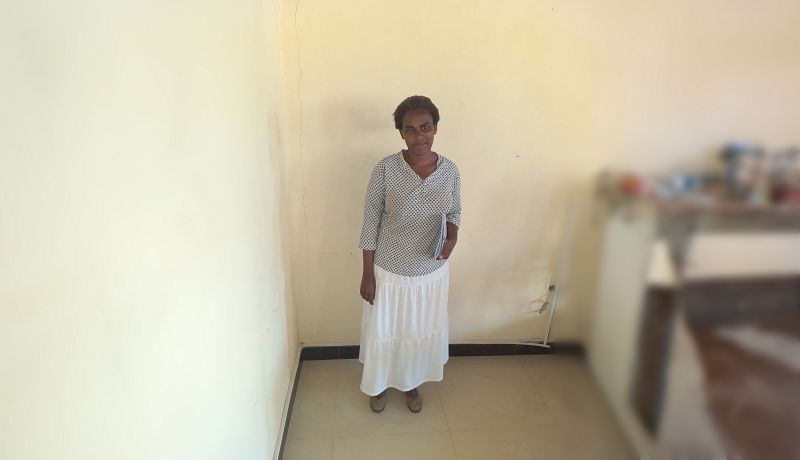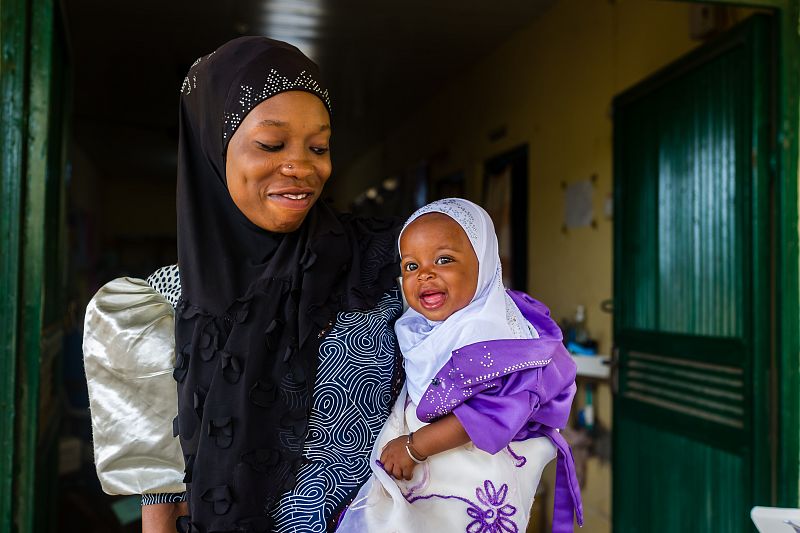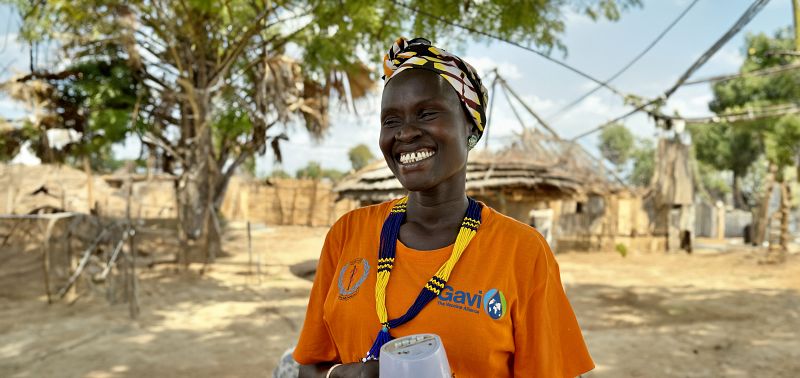Publications
Explore our publications to find useful evidence, lessons and recommendations from our work across Africa and Asia
Type
- Advocacy and positioning
- Advocacy briefs
- Advocacy reports
- Annual reviews
- Brochures
- Capacity statements
- Position statements
- Conference
- Briefing notes
- Posters
- Presentations
- Guidance and toolkits
- Guidance
- Training materials
- Learning
- Case studies
- Infographics
- Insight briefs
- Learning briefs
- Learning papers
- Newsletters
- Research and Technical
- Journal articles
- Project briefs
- Project reports
- Research briefs
- Synopses
- Technical briefs
Keyword
- ASTMH
- Advocacy
- COVID-19
- Capacity development
- Case management
- Case study
- Chemoprevention
- Child survival
- Climate
- Community delivery
- Costing and economic impact evaluation
- Data-informed decision-making
- Diagnosis
- Digital health
- Elimination
- Evidence generation
- Gender
- Genetic modification
- Health financing
- Health system strengthening
- Learning
- Logistics
- MNCH
- Malaria in pregnancy
- Monitoring and evaluation
- PMC
- Philanthropy
- Policy development
- Private sector
- Quality improvement
- Research
- Resistance management
- SBC
- SDGs
- SMC
- Scaled implementation
- Scholarships
- Surveillance
- Treatment
- Universal health coverage
- Urbanisation
- Vaccines
- Vector control
- Webinars
- iCCM
Diseases
Country
Language
Reset all search optionsCurrent search filters (108 results match ALL terms):
Ethiopia
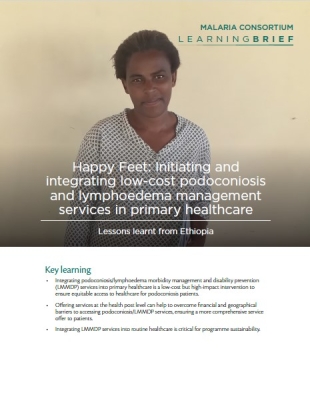 29/01/2024
Learning brief
29/01/2024
Learning brief
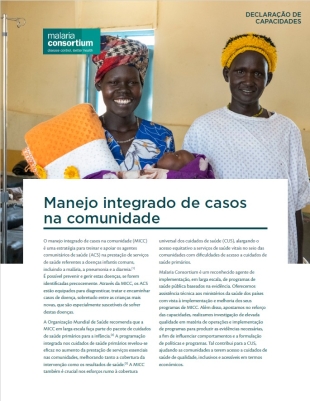 22/01/2024
Capacity statement
22/01/2024
Capacity statement
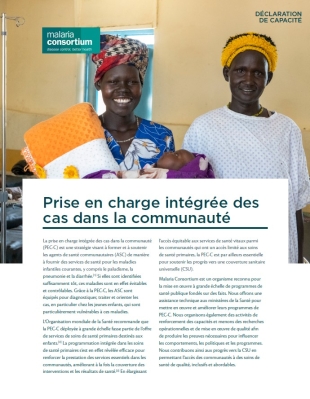 22/01/2024
Capacity statement
22/01/2024
Capacity statement
 12/01/2024
Journal article
12/01/2024
Journal article
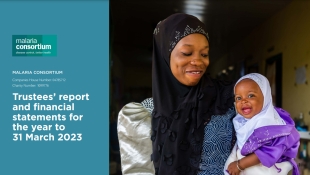 02/01/2024
Annual review
02/01/2024
Annual review
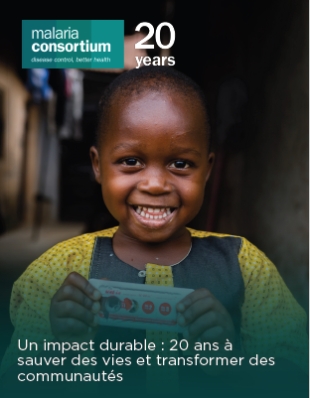 08/11/2023
Annual review
08/11/2023
Annual review
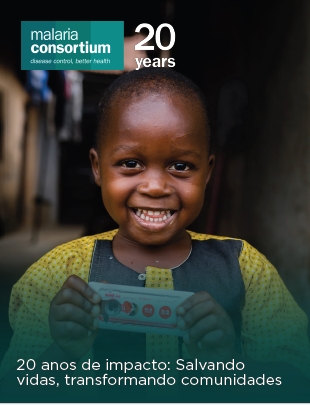 08/11/2023
Annual review
08/11/2023
Annual review
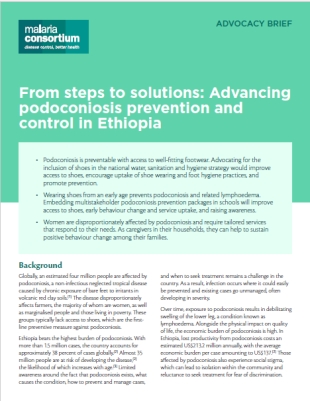 31/10/2023
Advocacy brief
31/10/2023
Advocacy brief
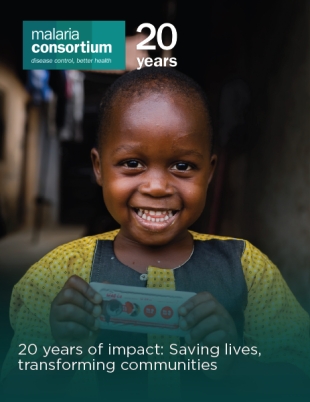 18/10/2023
Annual review
18/10/2023
Annual review
 21/09/2023
Technical brief
21/09/2023
Technical brief
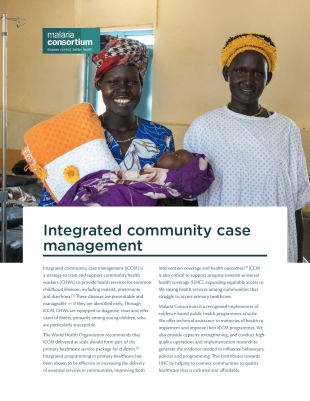 20/09/2023
Capacity statement
20/09/2023
Capacity statement
 21/07/2023
Journal article
21/07/2023
Journal article
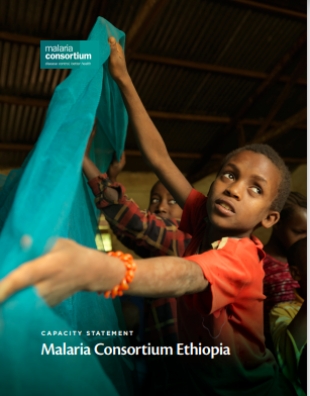 14/07/2023
Capacity statement
14/07/2023
Capacity statement
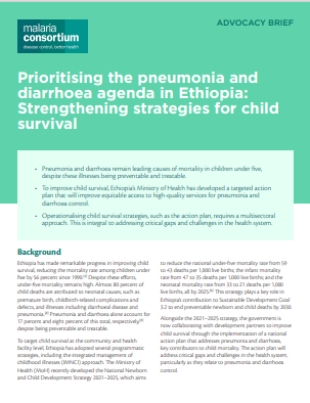 08/06/2023
Advocacy brief
08/06/2023
Advocacy brief
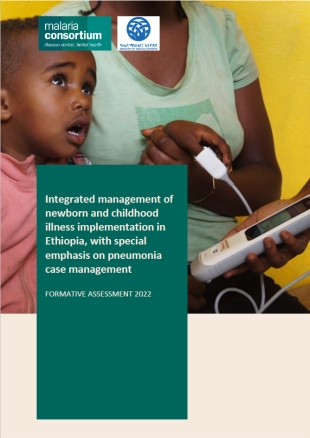 13/04/2023
Project report
13/04/2023
Project report
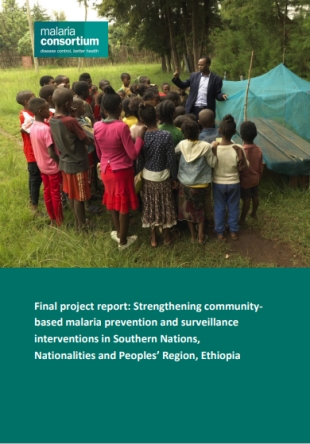 24/02/2023
Project report
24/02/2023
Project report
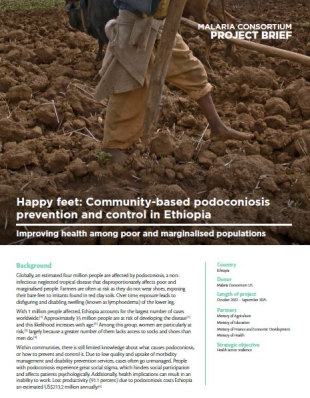 30/01/2023
Project brief
30/01/2023
Project brief
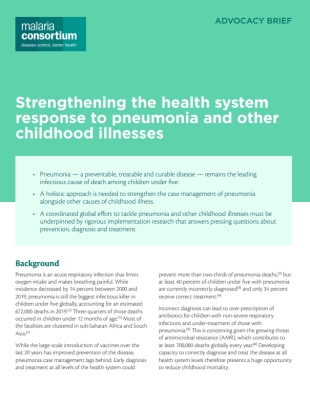 01/12/2022
Advocacy brief
01/12/2022
Advocacy brief
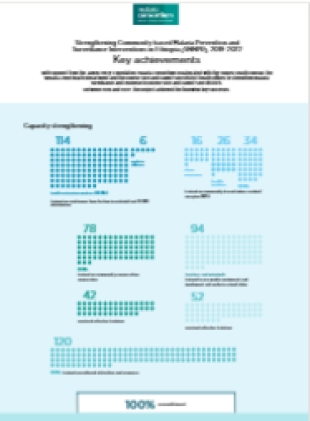 28/11/2022
Infographic
28/11/2022
Infographic
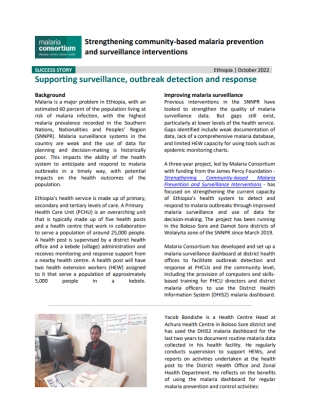 25/10/2022
Case study
25/10/2022
Case study
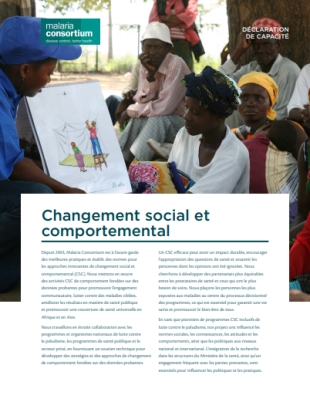 26/09/2022
Capacity statement
26/09/2022
Capacity statement
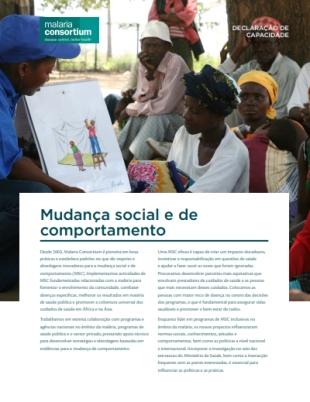 26/09/2022
Capacity statement
26/09/2022
Capacity statement
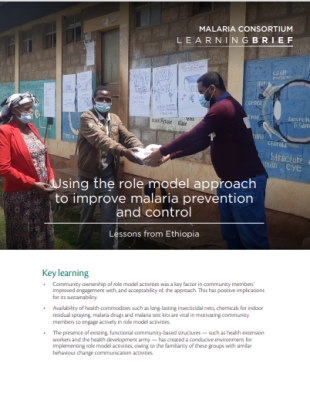 02/09/2022
Learning brief
02/09/2022
Learning brief
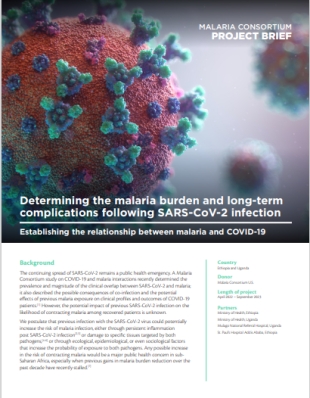 12/07/2022
Project brief
12/07/2022
Project brief
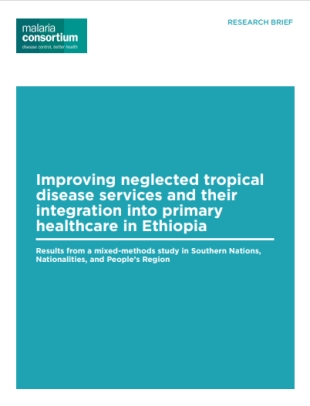 23/06/2022
Research brief
23/06/2022
Research brief
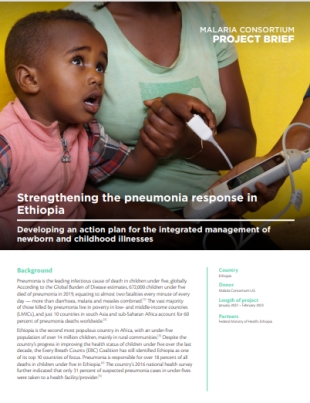 21/06/2022
Project brief
21/06/2022
Project brief
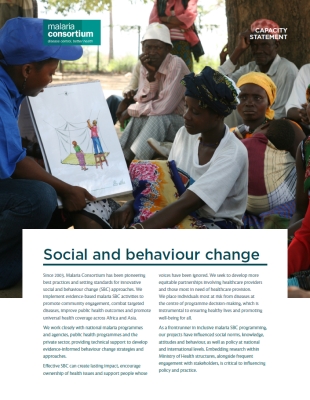 12/04/2022
Capacity statement
12/04/2022
Capacity statement
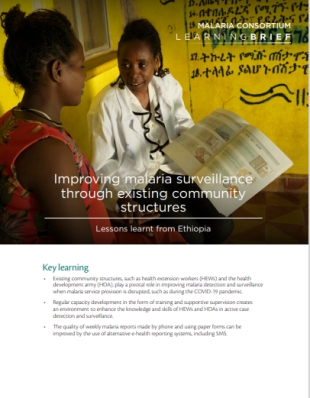 03/03/2022
Learning brief
03/03/2022
Learning brief
 23/07/2021
Journal article
23/07/2021
Journal article
 13/06/2021
Journal article
13/06/2021
Journal article
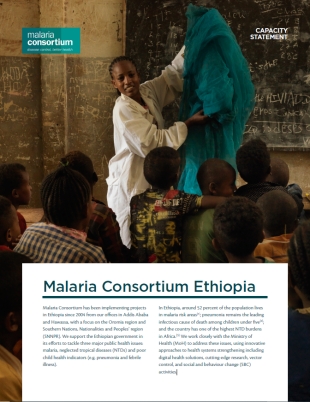 19/04/2021
Capacity statement
19/04/2021
Capacity statement
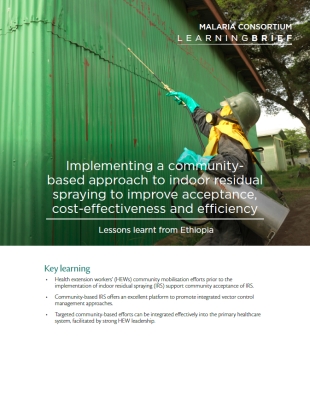 26/02/2021
Learning brief
26/02/2021
Learning brief
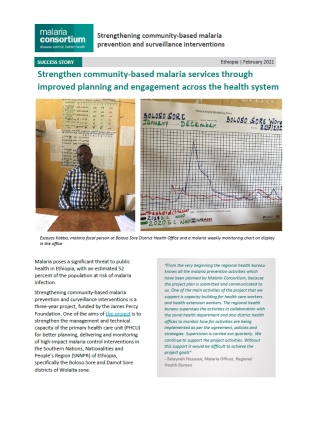 25/02/2021
Case study
25/02/2021
Case study
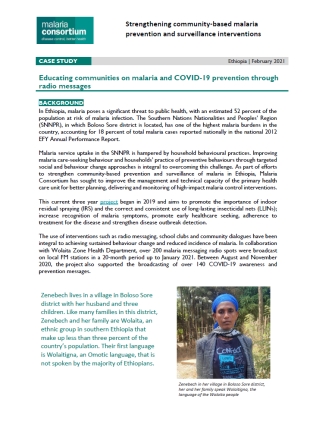 15/02/2021
Case study
15/02/2021
Case study
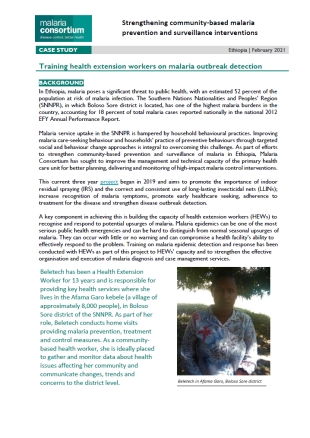 14/02/2021
Case study
14/02/2021
Case study
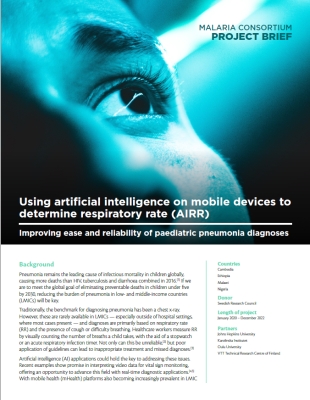 11/11/2020
Project brief
11/11/2020
Project brief
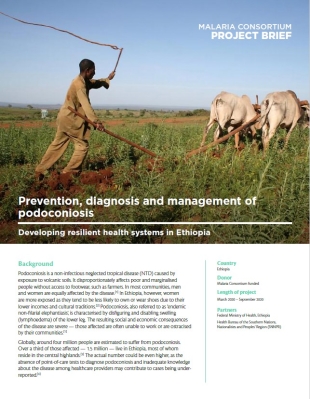 30/04/2020
Project brief
30/04/2020
Project brief
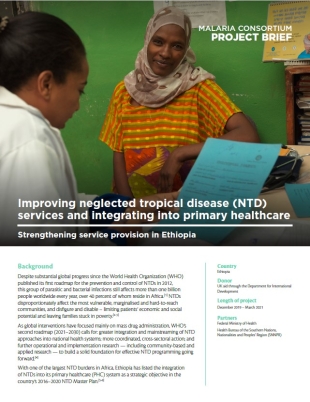 27/04/2020
Project brief
27/04/2020
Project brief
 02/04/2020
Journal article
02/04/2020
Journal article
 30/03/2020
Journal article
30/03/2020
Journal article
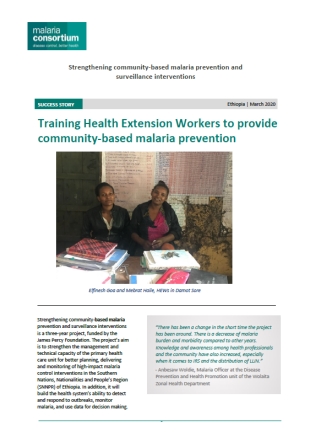 23/03/2020
Case study
23/03/2020
Case study
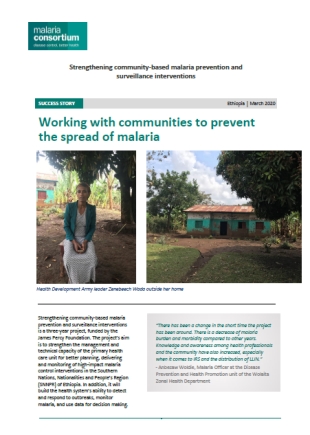 23/03/2020
Case study
23/03/2020
Case study
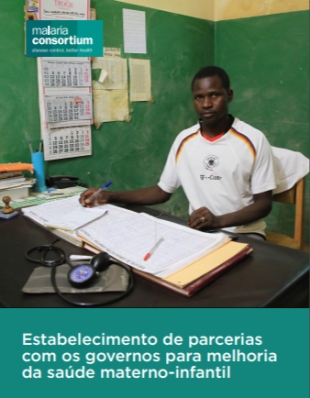 05/03/2020
Brochure
05/03/2020
Brochure
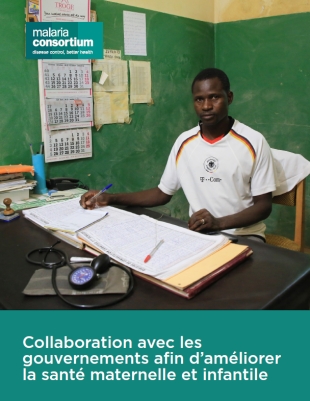 10/02/2020
Brochure
10/02/2020
Brochure
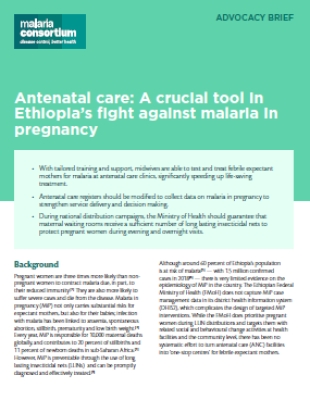 07/02/2020
Advocacy brief
07/02/2020
Advocacy brief
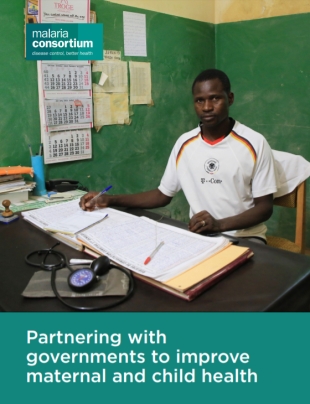 17/12/2019
Brochure
17/12/2019
Brochure
 17/12/2019
Journal article
17/12/2019
Journal article
 13/12/2019
Journal article
13/12/2019
Journal article
 05/12/2019
Journal article
05/12/2019
Journal article
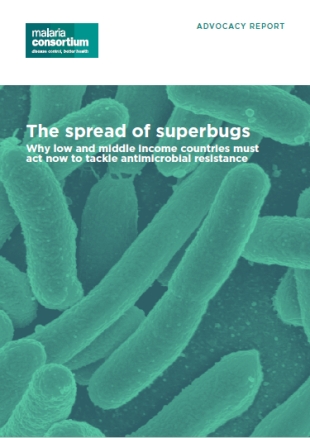 20/11/2019
Advocacy report
20/11/2019
Advocacy report
 07/11/2019
Journal article
07/11/2019
Journal article
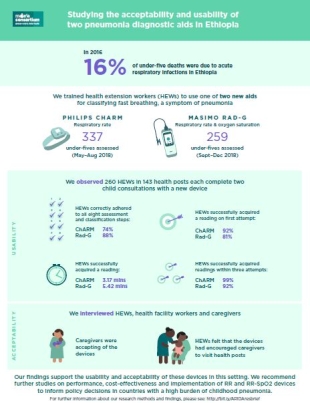 14/10/2019
Infographic
14/10/2019
Infographic
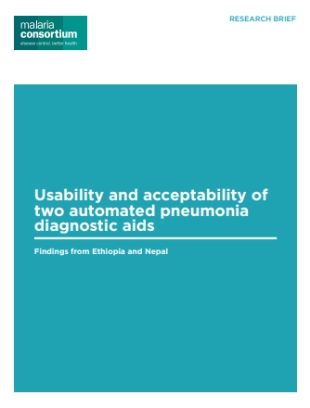 03/10/2019
Research brief
03/10/2019
Research brief
 01/07/2019
Journal article
01/07/2019
Journal article
 20/06/2019
Project brief
20/06/2019
Project brief
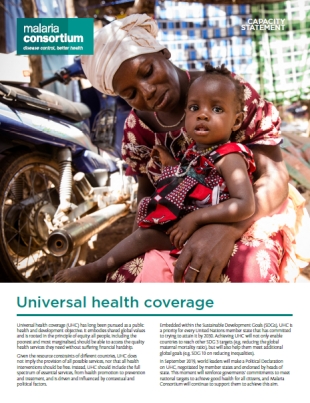 20/05/2019
Capacity statement
20/05/2019
Capacity statement
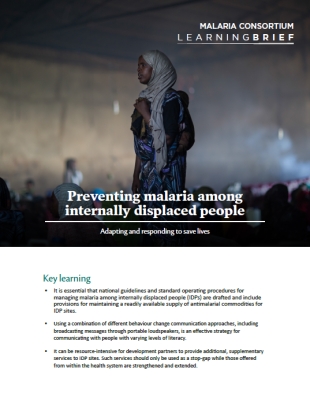 22/02/2019
Learning brief
22/02/2019
Learning brief
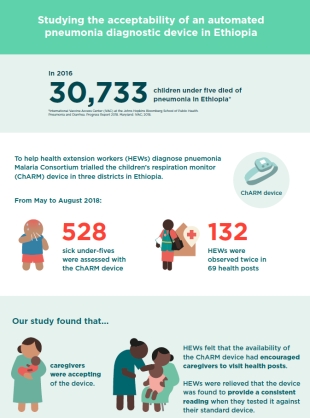 04/02/2019
Infographic
04/02/2019
Infographic
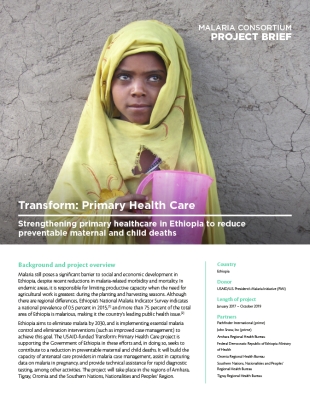 22/01/2019
Project brief
22/01/2019
Project brief
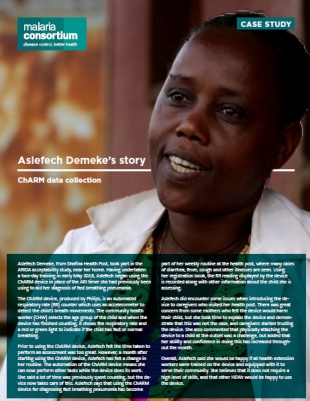 21/01/2019
Case study
21/01/2019
Case study
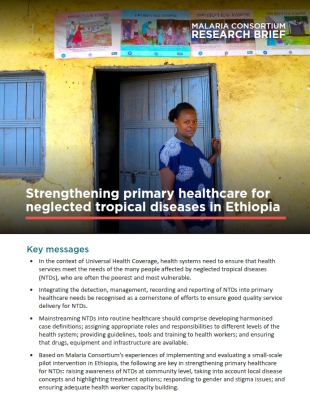 12/12/2018
Research brief
12/12/2018
Research brief
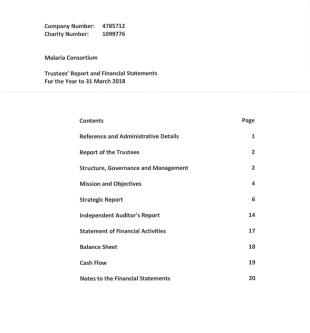 11/12/2018
Annual review
11/12/2018
Annual review
 25/10/2018
Journal article
25/10/2018
Journal article
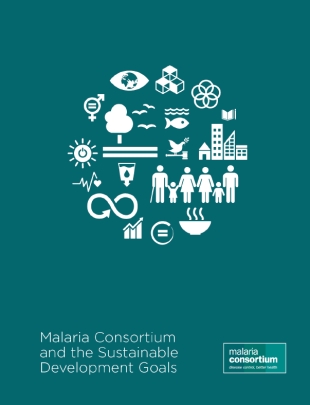 21/09/2018
Advocacy brief
21/09/2018
Advocacy brief
 17/09/2018
Journal article
17/09/2018
Journal article
 12/04/2018
Journal article
12/04/2018
Journal article
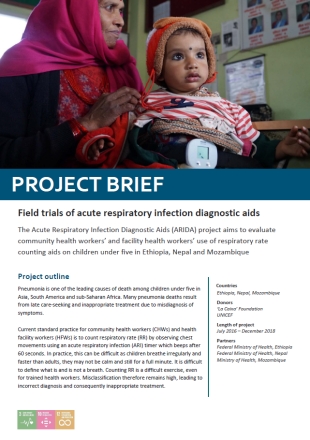 29/03/2018
Project brief
29/03/2018
Project brief
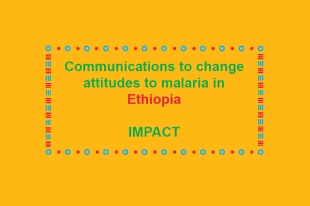 08/02/2018
Infographic
08/02/2018
Infographic
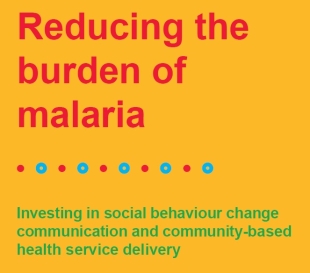 08/02/2018
Learning brief
08/02/2018
Learning brief
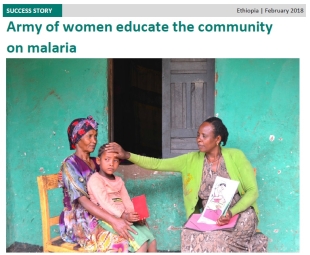 08/02/2018
Case study
08/02/2018
Case study
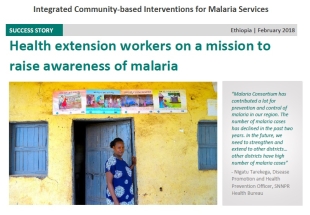 08/02/2018
Case study
08/02/2018
Case study
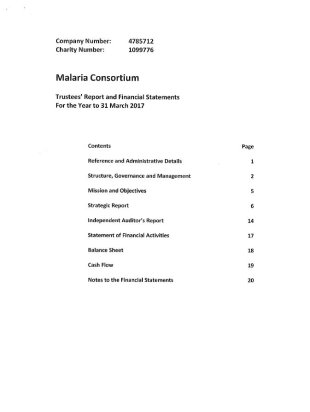 17/10/2017
Annual review
17/10/2017
Annual review
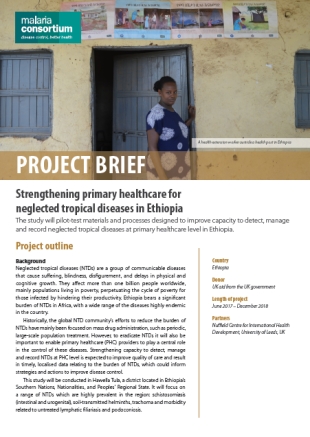 29/09/2017
Project brief
29/09/2017
Project brief
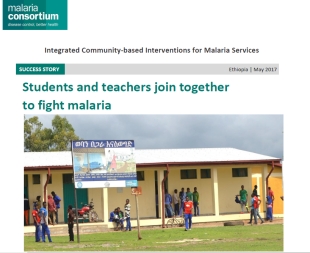 04/09/2017
Case study
04/09/2017
Case study
 09/05/2017
Journal article
09/05/2017
Journal article
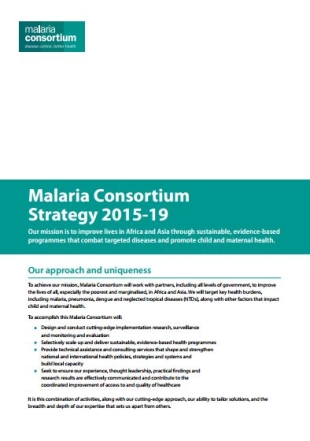 03/02/2017
Annual review
03/02/2017
Annual review
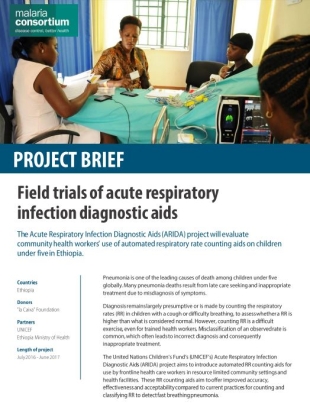 09/12/2016
Project brief
09/12/2016
Project brief
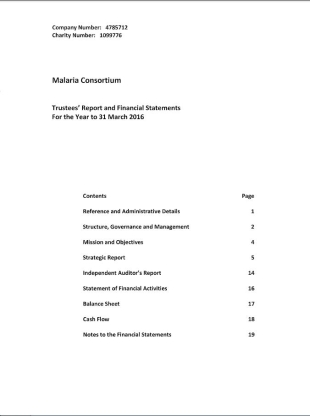 20/11/2016
Annual review
20/11/2016
Annual review
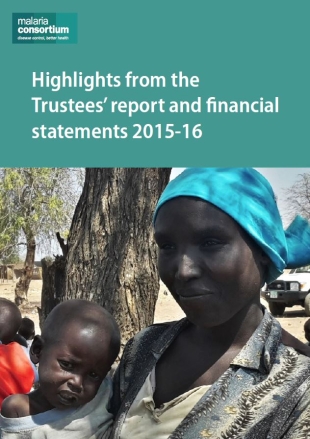 20/11/2016
Annual review
20/11/2016
Annual review
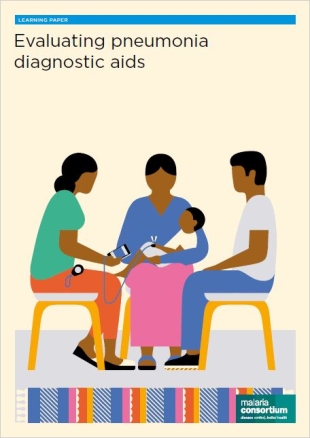 17/11/2016
Learning paper
17/11/2016
Learning paper
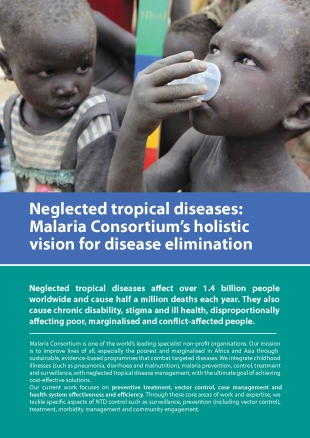 01/11/2016
Technical brief
01/11/2016
Technical brief
 18/10/2016
Journal article
18/10/2016
Journal article
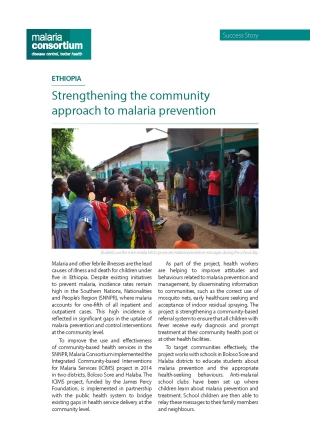 19/09/2016
Case study
19/09/2016
Case study
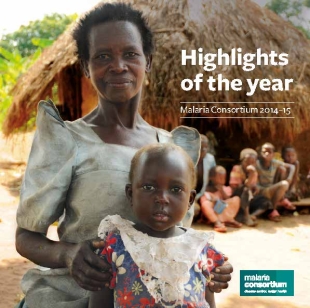 15/12/2015
Annual review
15/12/2015
Annual review
 01/12/2015
Training materials
01/12/2015
Training materials
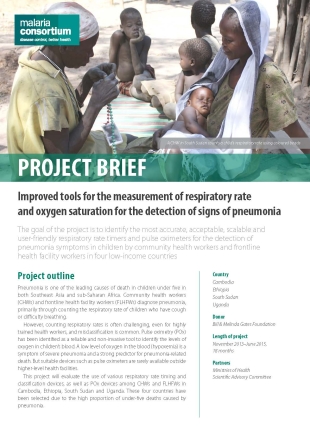 26/10/2015
Project brief
26/10/2015
Project brief
 04/09/2015
Journal article
04/09/2015
Journal article
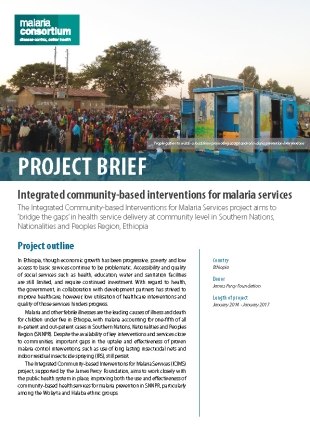 22/05/2015
Project brief
22/05/2015
Project brief
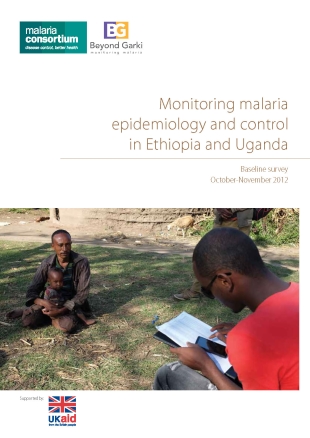 18/05/2015
Technical brief
18/05/2015
Technical brief
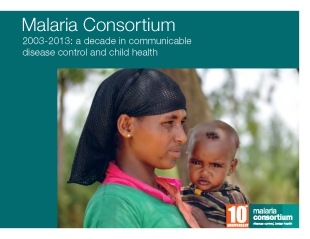 24/02/2014
Annual review
24/02/2014
Annual review
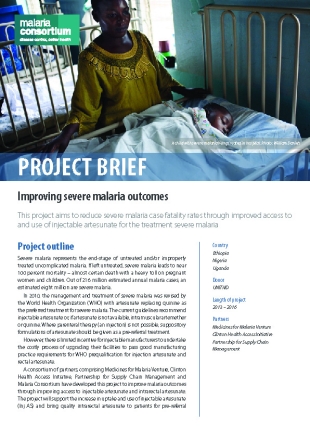 20/01/2014
Project brief
20/01/2014
Project brief
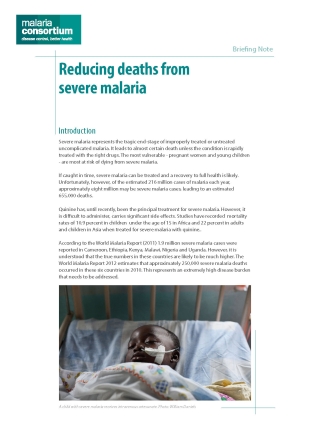 31/12/2013
Technical brief
31/12/2013
Technical brief
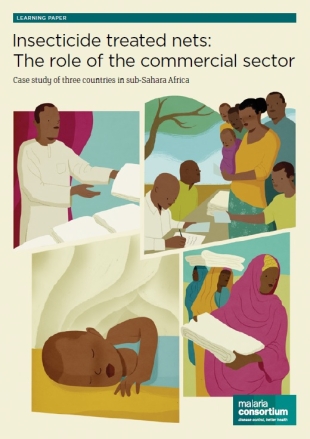 17/10/2013
Learning paper
17/10/2013
Learning paper
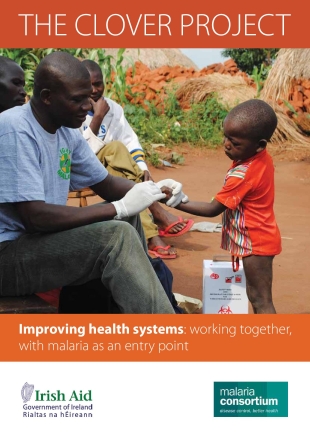 12/11/2012
Project report
12/11/2012
Project report
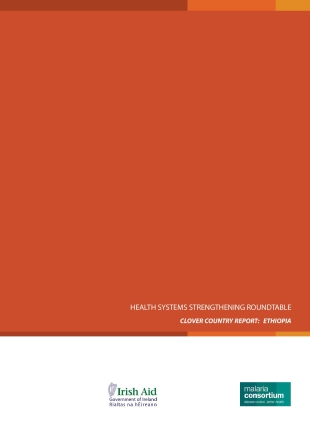 12/11/2012
Project report
12/11/2012
Project report
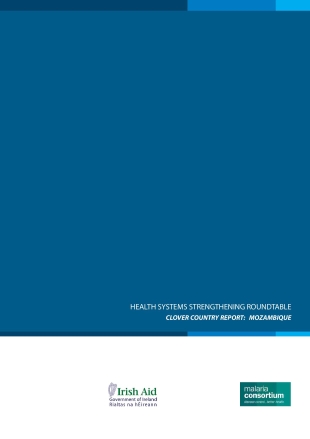 12/11/2012
Project report
12/11/2012
Project report
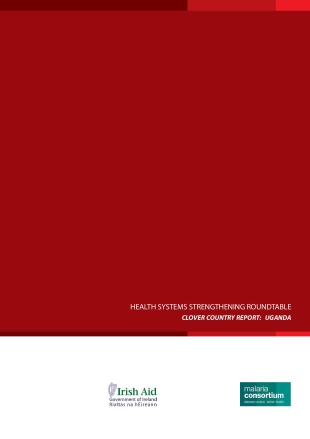 12/11/2012
Project report
12/11/2012
Project report
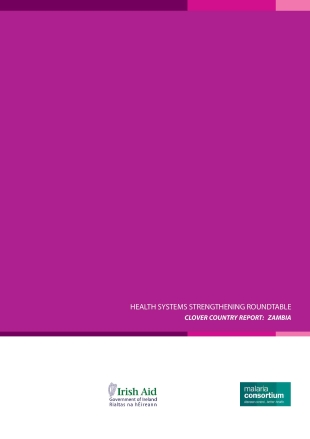 12/11/2012
Project report
12/11/2012
Project report
 07/06/2012
Journal article
07/06/2012
Journal article
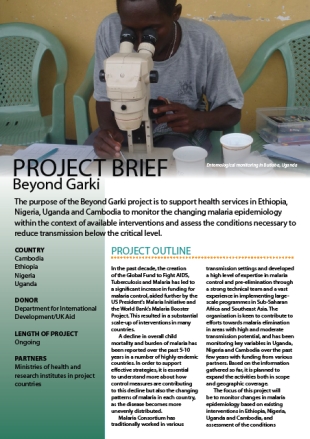 24/05/2012
Project brief
24/05/2012
Project brief
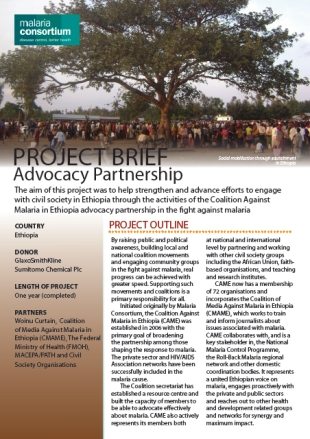 22/03/2012
Project brief
22/03/2012
Project brief
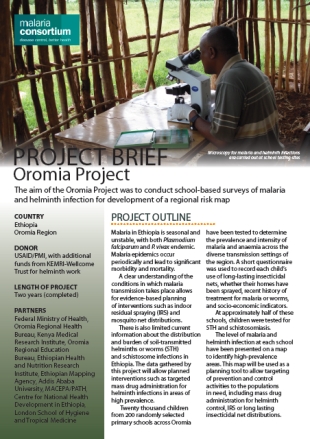 22/03/2012
Project brief
22/03/2012
Project brief
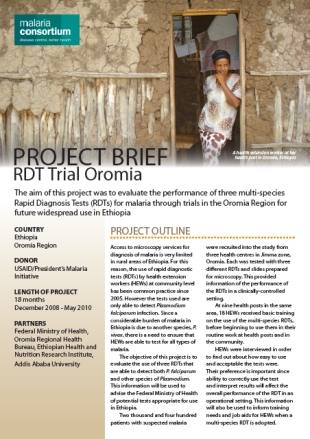 22/03/2012
Project brief
22/03/2012
Project brief
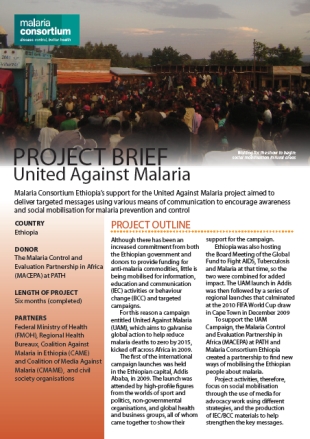 22/03/2012
Project brief
22/03/2012
Project brief
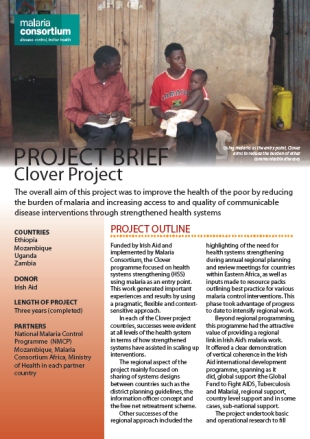 22/03/2012
Project brief
22/03/2012
Project brief
 18/01/2012
Journal article
18/01/2012
Journal article
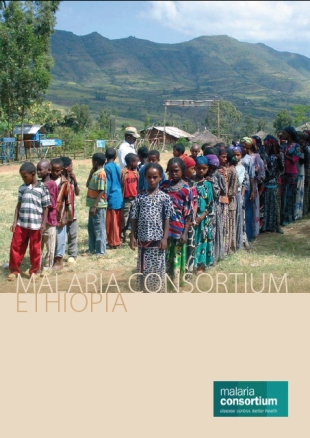 01/11/2011
Brochure
01/11/2011
Brochure
 27/10/2010
Journal article
27/10/2010
Journal article
Ethiopia
 29/01/2024
Learning brief
29/01/2024
Learning brief
Happy Feet: Initiating and integrating low-cost podoconiosis and lymphoedema management services in primary healthcare
Malaria Consortium is implementing the Happy Feet project in Southern Ethiopia to improve access to quality lymphoedema morbidity management and disability prevention services. 29/01/2024Malaria Consortium is implementing the Happy Feet project in Southern Ethiopia to improve access to quality lymphoedema morbidity management and disability prevention services.
 22/01/2024
Capacity statement
22/01/2024
Capacity statement
Manejo integrado de casos na comunidade
Malaria Consortium possui ampla experiência no apoio a iniciativas de MICC em África e na Ásia. Implementámos uma série de programas de MICC, trabalhando em parceria com ministérios da saúde… 22/01/2024Malaria Consortium possui ampla experiência no apoio a iniciativas de MICC em África e na Ásia. Implementámos uma série de programas de MICC, trabalhando em parceria com ministérios da saúde com vista a apoiar a sustentabilidade destes serviços.
 22/01/2024
Capacity statement
22/01/2024
Capacity statement
Prise en charge intégrée des cas dans la communauté
Malaria Consortium possède une solide expérience en matière de soutien aux initiatives PEC-C en Afrique et en Asie. Nous avons mis en oeuvre toute une série de programmes PEC-C en… 22/01/2024Malaria Consortium possède une solide expérience en matière de soutien aux initiatives PEC-C en Afrique et en Asie. Nous avons mis en oeuvre toute une série de programmes PEC-C en partenariat avec divers ministères de la Santé.
 12/01/2024
Journal article
12/01/2024
Journal article
Predicting the potential impact of scaling up four pneumonia interventions on under-five pneumonia mortality
A prospective analysis has revealed that scaling up pneumonia interventions could have a significant impact on under-five mortality rates in low- and middle-income countries. 12/01/2024A prospective analysis has revealed that scaling up pneumonia interventions could have a significant impact on under-five mortality rates in low- and middle-income countries.
 02/01/2024
Annual review
02/01/2024
Annual review
Trustee's report and financial statements for the year to 31 March 2023
Malaria Consortium's trustees present their report and the audited financial statements for the year which ended 31 March 2023. 02/01/2024Malaria Consortium's trustees present their report and the audited financial statements for the year which ended 31 March 2023.
 08/11/2023
Annual review
08/11/2023
Annual review
Un impact durable : 20 ans à sauver des vies et transformer des communautés
À l’occasion du 20e anniversaire du Malaria Consortium, donnons un aperçu de ce que nous avons accompli et de la manière dont nous cherchons à relever les principaux défis qui… 08/11/2023À l’occasion du 20e anniversaire du Malaria Consortium, donnons un aperçu de ce que nous avons accompli et de la manière dont nous cherchons à relever les principaux défis qui restent à relever.
 08/11/2023
Annual review
08/11/2023
Annual review
20 anos de impacto: Salvando vidas, transformando comunidades
Neste 20º aniversário do Malaria Consortium, refletimos sobre a jornada até agora e fornecemos insights sobre o que alcançamos e como procuramos enfrentar os principais desafios que permanecem. 08/11/2023Neste 20º aniversário do Malaria Consortium, refletimos sobre a jornada até agora e fornecemos insights sobre o que alcançamos e como procuramos enfrentar os principais desafios que permanecem.
 31/10/2023
Advocacy brief
31/10/2023
Advocacy brief
From steps to solutions: Advancing podoconiosis prevention and control in Ethiopia
We aim to work with key stakeholders to accelerate the control of podoconiosis by creating universal access to better quality preventive measures and healthcare. 31/10/2023We aim to work with key stakeholders to accelerate the control of podoconiosis by creating universal access to better quality preventive measures and healthcare.
 18/10/2023
Annual review
18/10/2023
Annual review
20 years of impact: Saving lives, transforming communities
On this, the 20th anniversary of Malaria Consortium, we reflect on the journey so far and provide insights into what we have achieved and how we seek to address the… 18/10/2023On this, the 20th anniversary of Malaria Consortium, we reflect on the journey so far and provide insights into what we have achieved and how we seek to address the key challenges that remain.
 21/09/2023
Technical brief
21/09/2023
Technical brief
Paving the way for universal health coverage
To help ensure our programmatic efforts continue to progress UHC in the countries in which we work, we have developed a dedicated action plan and a country assessment tool for… 21/09/2023To help ensure our programmatic efforts continue to progress UHC in the countries in which we work, we have developed a dedicated action plan and a country assessment tool for UHC.
 20/09/2023
Capacity statement
20/09/2023
Capacity statement
Integrated community case management
With vast experience in supporting iCCM initiatives across Africa and Asia, Malaria Consortium offers technical assistance to ministries of health to implement and improve their iCCM programmes. 20/09/2023With vast experience in supporting iCCM initiatives across Africa and Asia, Malaria Consortium offers technical assistance to ministries of health to implement and improve their iCCM programmes.
 21/07/2023
Journal article
21/07/2023
Journal article
Usability of pulse oximeters used by community health and primary care workers as screening tools for severe illness in children under five in low resource settings
This cross-sectional study explores the usability of pulse-oximeters for community health and primary care workers in Cambodia, Ethiopia, South Sudan and Uganda. 21/07/2023This cross-sectional study explores the usability of pulse-oximeters for community health and primary care workers in Cambodia, Ethiopia, South Sudan and Uganda.
 14/07/2023
Capacity statement
14/07/2023
Capacity statement
Malaria Consortium Ethiopia
In Ethiopia, we are providing technical assistance to the Ministry of Health to develop and strengthen evidence-based strategies for child survival. 14/07/2023In Ethiopia, we are providing technical assistance to the Ministry of Health to develop and strengthen evidence-based strategies for child survival.
 08/06/2023
Advocacy brief
08/06/2023
Advocacy brief
Prioritising the pneumonia and diarrhoea agenda in Ethiopia: Strengthening strategies for child survival
To target child survival at the community and health facility level, Ethiopia has adopted several programmatic strategies. 08/06/2023To target child survival at the community and health facility level, Ethiopia has adopted several programmatic strategies.
 13/04/2023
Project report
13/04/2023
Project report
Formative assessment on integrated management of newborn and childhood illness implementation in Ethiopia
This formative assessment explores issues that are critical to improve child health services in Ethiopia. 13/04/2023This formative assessment explores issues that are critical to improve child health services in Ethiopia.
 24/02/2023
Project report
24/02/2023
Project report
Strengthening community-based malaria prevention and surveillance interventions in Southern Nations, Nationalities and Peoples’ Region, Ethiopia
The project’s goal was to contribute to the sustained reduction of malaria morbidity and disease severity in two districts of Wolaita zone. 24/02/2023The project’s goal was to contribute to the sustained reduction of malaria morbidity and disease severity in two districts of Wolaita zone.
 30/01/2023
Project brief
30/01/2023
Project brief
Happy Feet: Community-based podoconiosis prevention and control in Ethiopia
The Happy Feet project aims to accelerate control of podoconiosis by creating access to better quality healthcare services. 30/01/2023The Happy Feet project aims to accelerate control of podoconiosis by creating access to better quality healthcare services.
 01/12/2022
Advocacy brief
01/12/2022
Advocacy brief
Strengthening the health system response to pneumonia and other childhood illnesses
Early diagnosis and treatment at all levels of the health system could prevent more than two-thirds of pneumonia deaths. 01/12/2022Early diagnosis and treatment at all levels of the health system could prevent more than two-thirds of pneumonia deaths.
 28/11/2022
Infographic
28/11/2022
Infographic
Strengthening Community-based Malaria Prevention and Surveillance Interventions in Ethiopia, 2019–2022
We successfully strengthened the malaria response in two districts of the Southern Nations Nationalities and Peoples’ Region, Ethiopia. 28/11/2022We successfully strengthened the malaria response in two districts of the Southern Nations Nationalities and Peoples’ Region, Ethiopia.
 25/10/2022
Case study
25/10/2022
Case study
Ethiopia: Supporting surveillance, outbreak detection and response
Health centre heads in Ethiopia share how they use the malaria surveillance dashboard to facilitate outbreak detection and response at the community level. 25/10/2022Health centre heads in Ethiopia share how they use the malaria surveillance dashboard to facilitate outbreak detection and response at the community level.
 26/09/2022
Capacity statement
26/09/2022
Capacity statement
Changement social et comportemental
En tant que pionniers de programmes CSC inclusifs de lutte contre le paludisme, nos projets ont influencé les normes sociales, les connaissances et les comportements. 26/09/2022En tant que pionniers de programmes CSC inclusifs de lutte contre le paludisme, nos projets ont influencé les normes sociales, les connaissances et les comportements.
 26/09/2022
Capacity statement
26/09/2022
Capacity statement
Mudança social e de comportamento
Enquanto líder em programas de MSC inclusivos no âmbito da malária, os nossos projectos influenciaram normas sociais, conhecimentos, atitudes e comportamentos. 26/09/2022Enquanto líder em programas de MSC inclusivos no âmbito da malária, os nossos projectos influenciaram normas sociais, conhecimentos, atitudes e comportamentos.
 02/09/2022
Learning brief
02/09/2022
Learning brief
Using the role model approach to improve malaria prevention and control: Lessons from Ethiopia
To improve understanding of malaria interventions, we implemented the role model approach in selected districts in Ethiopia. 02/09/2022To improve understanding of malaria interventions, we implemented the role model approach in selected districts in Ethiopia.
 12/07/2022
Project brief
12/07/2022
Project brief
Determining the malaria burden and long-term complications following SARS-CoV-2 infection
Our study conducted in Ethiopia and Uganda explores the relationship between past SARS-CoV-2 infection and malaria risk. 12/07/2022Our study conducted in Ethiopia and Uganda explores the relationship between past SARS-CoV-2 infection and malaria risk.
 23/06/2022
Research brief
23/06/2022
Research brief
Improving neglected tropical disease services and their integration into primary healthcare in Ethiopia
With the Federal Ministry of Health neglected tropical diseases (NTDs) team, we designed an intervention that aligns with the latest national NTD Roadmap. 23/06/2022With the Federal Ministry of Health neglected tropical diseases (NTDs) team, we designed an intervention that aligns with the latest national NTD Roadmap.
 21/06/2022
Project brief
21/06/2022
Project brief
Strengthening the pneumonia response in Ethiopia: Developing an action plan for the integrated management of newborn and childhood illnesses
With our partners in Ethiopia, we are developing an action plan for the integrated management of newborn and childhood illnesses, including pneumonia. 21/06/2022With our partners in Ethiopia, we are developing an action plan for the integrated management of newborn and childhood illnesses, including pneumonia.
 12/04/2022
Capacity statement
12/04/2022
Capacity statement
Social and behaviour change
We implement evidence-based malaria SBC activities to promote community engagement and promote universal health coverage across Africa and Asia. 12/04/2022We implement evidence-based malaria SBC activities to promote community engagement and promote universal health coverage across Africa and Asia.
 03/03/2022
Learning brief
03/03/2022
Learning brief
Improving malaria surveillance through existing community structures: Lessons learnt from Ethiopia
Existing community structures, such as health extension workers, play a pivotal role in improving malaria detection and surveillance in Ethiopia. 03/03/2022Existing community structures, such as health extension workers, play a pivotal role in improving malaria detection and surveillance in Ethiopia.
 23/07/2021
Journal article
23/07/2021
Journal article
Performance of five pulse oximeters to detect hypoxaemia as an indicator of severe illness in children under five by frontline health workers in low-resource settings
In this first trial in Cambodia, Ethiopia, South Sudan and Uganda, researchers wanted to identify the most user-friendly pulse oximeters for frontline health workers. 23/07/2021In this first trial in Cambodia, Ethiopia, South Sudan and Uganda, researchers wanted to identify the most user-friendly pulse oximeters for frontline health workers.
 13/06/2021
Journal article
13/06/2021
Journal article
Evaluating the interrater agreement and acceptability of a new reference tool for assessing respiratory rate in children under five with cough and/or difficulty breathing
A new reference tool which facilitates manual annotation of breaths based on videos was developed to improve diagnosis of suspected cases and appropriate treatment. 13/06/2021A new reference tool which facilitates manual annotation of breaths based on videos was developed to improve diagnosis of suspected cases and appropriate treatment.
 19/04/2021
Capacity statement
19/04/2021
Capacity statement
Malaria Consortium Ethiopia
In Ethiopia, we are tackling malaria, neglected tropical diseases and poor child health indicators through innovative approaches to health systems strengthening. 19/04/2021In Ethiopia, we are tackling malaria, neglected tropical diseases and poor child health indicators through innovative approaches to health systems strengthening.
 26/02/2021
Learning brief
26/02/2021
Learning brief
Implementing a community-based approach to indoor residual spraying to improve acceptance, cost-effectiveness and efficiency
With support from the James Percy Foundation, we helped to implement a community-based indoor residual spraying campaign in two districts in Ethiopia. 26/02/2021With support from the James Percy Foundation, we helped to implement a community-based indoor residual spraying campaign in two districts in Ethiopia.
 25/02/2021
Case study
25/02/2021
Case study
Strengthen community-based malaria services through improved planning and engagement across the health system
Hear from stakeholders how the project is strengthening the delivery and management of malaria control interventions at the primary healthcare unit in Ethiopia. 25/02/2021Hear from stakeholders how the project is strengthening the delivery and management of malaria control interventions at the primary healthcare unit in Ethiopia.
 15/02/2021
Case study
15/02/2021
Case study
Educating communities on malaria and COVID-19 prevention through radio messages
Zenebech and her family live in Boloso Sore district, Ethiopia, where our project aims to ensure health messages are accessible to all community members. 15/02/2021Zenebech and her family live in Boloso Sore district, Ethiopia, where our project aims to ensure health messages are accessible to all community members.
 14/02/2021
Case study
14/02/2021
Case study
Training health extension workers on malaria outbreak detection
Beletech, a health extension worker in rural Ethiopia, has undertaken training in malaria outbreak response, read her story. 14/02/2021Beletech, a health extension worker in rural Ethiopia, has undertaken training in malaria outbreak response, read her story.
 11/11/2020
Project brief
11/11/2020
Project brief
Using artificial intelligence on mobile devices to determine respiratory rate (AIRR)
This study seeks to assess the feasibility of using artificial intelligence on mobile devices to determine respiratory rate in under-fives in low- and middle-income countries. 11/11/2020This study seeks to assess the feasibility of using artificial intelligence on mobile devices to determine respiratory rate in under-fives in low- and middle-income countries.
 30/04/2020
Project brief
30/04/2020
Project brief
Prevention, diagnosis and management of podoconiosis: Developing resilient health systems in Ethiopia
Our research project in Ethiopia aims to improve the prevention and management of podoconiosis which disproportionally affects marginalised communities. 30/04/2020Our research project in Ethiopia aims to improve the prevention and management of podoconiosis which disproportionally affects marginalised communities.
 27/04/2020
Project brief
27/04/2020
Project brief
Improving neglected tropical disease (NTD) services and integrating into primary healthcare
With our project in Ethiopia, we seek to integrate prevention, diagnosis, management and reporting interventions of three NTDs into the healthcare system. 27/04/2020With our project in Ethiopia, we seek to integrate prevention, diagnosis, management and reporting interventions of three NTDs into the healthcare system.
 02/04/2020
Journal article
02/04/2020
Journal article
Determining the agreement between an automated respiratory rate counter and a reference standard for detecting symptoms of pneumonia in children
Correctly counting breaths manually and classifying the respiratory rate is challenging, often leading to inappropriate treatment. 02/04/2020Correctly counting breaths manually and classifying the respiratory rate is challenging, often leading to inappropriate treatment.
 30/03/2020
Journal article
30/03/2020
Journal article
Automated respiratory rate counter to assess children for symptoms of pneumonia
This is the first time the usability and acceptability of automated respiratory rate counters in low-resource settings have been evaluated. 30/03/2020This is the first time the usability and acceptability of automated respiratory rate counters in low-resource settings have been evaluated.
 23/03/2020
Case study
23/03/2020
Case study
Training health extension workers in Ethiopia to provide community-based malaria prevention
Read the stories of Elfinesh Goa and Mebrat Haile, health extension workers in Wolaita zone, Ethiopia. 23/03/2020Read the stories of Elfinesh Goa and Mebrat Haile, health extension workers in Wolaita zone, Ethiopia.
 23/03/2020
Case study
23/03/2020
Case study
Working with communities in Ethiopia to prevent the spread of malaria
In Ethiopia, health extension workers and the Health Development Army are working with communities to prevent malaria. 23/03/2020In Ethiopia, health extension workers and the Health Development Army are working with communities to prevent malaria.
 05/03/2020
Brochure
05/03/2020
Brochure
Estabelecimento de parcerias com os governos para melhoria da saúde materno-infantil
Esta brochura apresenta exemplos da assistência técnica que temos prestado a vários governos. 05/03/2020Esta brochura apresenta exemplos da assistência técnica que temos prestado a vários governos.
 10/02/2020
Brochure
10/02/2020
Brochure
Collaboration avec les gouvernements afin d’améliorer la santé maternelle et infantile
Cette brochure offre des exemples de l’assistance technique que nous avons fournie à divers gouvernements. 10/02/2020Cette brochure offre des exemples de l’assistance technique que nous avons fournie à divers gouvernements.
 07/02/2020
Advocacy brief
07/02/2020
Advocacy brief
Antenatal care: A crucial tool in Ethiopia’s fight against malaria in pregnancy
We echo the World Health Organization’s 2019 call for greater support for those most vulnerable to malaria — pregnant women and children under five. 07/02/2020We echo the World Health Organization’s 2019 call for greater support for those most vulnerable to malaria — pregnant women and children under five.
 17/12/2019
Brochure
17/12/2019
Brochure
Partnering with governments to improve maternal and child health
This brochure offers examples of the technical assistance we have provided to various governments. 17/12/2019This brochure offers examples of the technical assistance we have provided to various governments.
 17/12/2019
Journal article
17/12/2019
Journal article
Usability and acceptability of an automated respiratory rate counter to assess children for symptoms of pneumonia
This study aimed to determine the usability and acceptability of a new automated respiratory rate counter by health extension workers in Ethiopia. 17/12/2019This study aimed to determine the usability and acceptability of a new automated respiratory rate counter by health extension workers in Ethiopia.
 13/12/2019
Journal article
13/12/2019
Journal article
Gender-related factors affecting health seeking for neglected tropical diseases: Findings from a qualitative study in Ethiopia
This study applied a gender lens to health-seeking in Ethiopia for five neglected tropical diseases. 13/12/2019This study applied a gender lens to health-seeking in Ethiopia for five neglected tropical diseases.
 05/12/2019
Journal article
05/12/2019
Journal article
More work needs to be done to ensure that better pneumonia diagnostics aids are developed and launched to better support frontline health workers
Malaria Consortium's response to Ansermino et al.'s article 'Are respiratory rate counters really so bad' was published in EClinicalMedicine. 05/12/2019Malaria Consortium's response to Ansermino et al.'s article 'Are respiratory rate counters really so bad' was published in EClinicalMedicine.
 20/11/2019
Advocacy report
20/11/2019
Advocacy report
The spread of superbugs: Why low- and middle-income countries must act now to tackle antimicrobial resistance
A coordinated, cross-sectoral and multi-pronged approach is needed at all levels of government to ensure an effective and targeted response. 20/11/2019A coordinated, cross-sectoral and multi-pronged approach is needed at all levels of government to ensure an effective and targeted response.
 07/11/2019
Journal article
07/11/2019
Journal article
Institutionalisation of integrated community case management into national health systems in low- and middle-income countries: A scoping review of the literature
This article identifies models of, and gaps in, the institutionalisation of integrated community case management into national health systems. 07/11/2019This article identifies models of, and gaps in, the institutionalisation of integrated community case management into national health systems.
 14/10/2019
Infographic
14/10/2019
Infographic
Studying the usability and acceptability of two pneumonia diagnostic aids
This infographic visualises our findings on the usability and acceptability of devices that classify fast breathing. 14/10/2019This infographic visualises our findings on the usability and acceptability of devices that classify fast breathing.
 03/10/2019
Research brief
03/10/2019
Research brief
Usability and acceptability of two automated pneumonia diagnostic aids: Findings from Ethiopia and Nepal
The Acute Respiratory Infection Diagnostic Aid project introduced two automated respiratory rate counting aids in Ethiopia and Nepal to support classifying fast breathing. 03/10/2019The Acute Respiratory Infection Diagnostic Aid project introduced two automated respiratory rate counting aids in Ethiopia and Nepal to support classifying fast breathing.
 01/07/2019
Journal article
01/07/2019
Journal article
Performance of four respiratory rate counters to support community health workers to detect the symptoms of pneumonia in children in low resource settings
This study analysed the performance of improved respiratory rate timers that are used to detect pneumonia symptoms in low-resource settings. 01/07/2019This study analysed the performance of improved respiratory rate timers that are used to detect pneumonia symptoms in low-resource settings.
 20/06/2019
Project brief
20/06/2019
Project brief
Strengthening community-based malaria prevention and surveillance interventions
This project will strengthen the management and technical capacity of the primary health care unit to continue implementing impactful malaria control interventions. 20/06/2019This project will strengthen the management and technical capacity of the primary health care unit to continue implementing impactful malaria control interventions.
 20/05/2019
Capacity statement
20/05/2019
Capacity statement
Universal health coverage capacity statement
This capacity statement outlines our contribution to supporting countries to achieve universal health coverage (UHC). Malaria Consortium considers UHC, as defined by the World Health Organization (WHO), fundamental to the… 20/05/2019This capacity statement outlines our contribution to supporting countries to achieve universal health coverage (UHC). Malaria Consortium considers UHC, as defined by the World Health Organization (WHO), fundamental to the design and implementation of all our programmes. Our tailored interventions…
 22/02/2019
Learning brief
22/02/2019
Learning brief
Preventing malaria among internally displaced people: Adapting and responding to save lives
This brief outlines recommendations for the inclusion of internally displaced people in national malaria strategic planning activities. 22/02/2019This brief outlines recommendations for the inclusion of internally displaced people in national malaria strategic planning activities.
 04/02/2019
Infographic
04/02/2019
Infographic
Studying the acceptability of an automated pneumonia diagnostic device in Ethiopia
This infographic visualises the results from the Children's Automated Respiration Monitor study in Ethiopia. 04/02/2019This infographic visualises the results from the Children's Automated Respiration Monitor study in Ethiopia.
 22/01/2019
Project brief
22/01/2019
Project brief
Transform: Primary Health Care
In Ethiopia, through the Transform: Primary Health Care project, we supported government efforts to reduce preventable maternal and child deaths. 22/01/2019In Ethiopia, through the Transform: Primary Health Care project, we supported government efforts to reduce preventable maternal and child deaths.
 21/01/2019
Case study
21/01/2019
Case study
ChARM data collection: Aslefech Demeke's story
Aslefech Demeke, from Shafina Health Post, took part in the Children's Automated Respiration Monitor study near her home. Read her story. 21/01/2019Aslefech Demeke, from Shafina Health Post, took part in the Children's Automated Respiration Monitor study near her home. Read her story.
 12/12/2018
Research brief
12/12/2018
Research brief
Strengthening primary healthcare for neglected tropical diseases in Ethiopia
Neglected tropical diseases (NTDs) affect more than a billion people in tropical and subtropical conditions. NTDs are 20 diverse diseases of poverty and have historically received less global attention than… 12/12/2018Neglected tropical diseases (NTDs) affect more than a billion people in tropical and subtropical conditions. NTDs are 20 diverse diseases of poverty and have historically received less global attention than high-profile 'killer diseases' such as HIV/AIDS, tuberculosis or malaria. Nevertheless,…
 11/12/2018
Annual review
11/12/2018
Annual review
Trustees' report and financial statements for the year to 31 March 2018
Malaria Consortium's Trustees present their report and the audited financial statements for the year which ended 31 March 2018. 11/12/2018Malaria Consortium's Trustees present their report and the audited financial statements for the year which ended 31 March 2018.
 25/10/2018
Journal article
25/10/2018
Journal article
Performance, Acceptability, and Usability of Respiratory Rate Timers and Pulse Oximeters When Used by Frontline Health Workers to Detect Symptoms of Pneumonia in Sub-Saharan Africa and Southeast Asia: Protocol for a Two-Phase, Multisite, Mixed-Methods Trial
BACKGROUND:Pneumonia is one of the leading causes of death in children aged under 5 years in both sub-Saharan Africa and Southeast Asia. The current diagnostic criterion for pneumonia is based… 25/10/2018BACKGROUND:Pneumonia is one of the leading causes of death in children aged under 5 years in both sub-Saharan Africa and Southeast Asia. The current diagnostic criterion for pneumonia is based on the increased respiratory rate (RR) in children with cough…
 21/09/2018
Advocacy brief
21/09/2018
Advocacy brief
Malaria Consortium and the Sustainable Development Goals
This brochure highlights some of the key ways in which Malaria Consortium is contributing to the Sustainable Development Goals and illustrates the importance of using a multifaceted approach to improve… 21/09/2018This brochure highlights some of the key ways in which Malaria Consortium is contributing to the Sustainable Development Goals and illustrates the importance of using a multifaceted approach to improve health outcomes globally.
 17/09/2018
Journal article
17/09/2018
Journal article
Management and Follow-up Practices of Children with Unclassified Fever in Rural Ethiopia: Experiences of Health Extension Workers and Caregivers
Different health-care management guidelines by the World Health Organization exist to help health workers in resource-limited settings treat patients. However, for children with unclassified fever and no danger signs, management… 17/09/2018Different health-care management guidelines by the World Health Organization exist to help health workers in resource-limited settings treat patients. However, for children with unclassified fever and no danger signs, management guidelines are less clear and follow-up recommendations differ. Both a…
 12/04/2018
Journal article
12/04/2018
Journal article
Universal versus conditional third day follow-up visit for children with nonsevere unclassified fever at the community level in Ethiopia: Protocol for a cluster randomized noninferiority trial
BackgroundUnder the World Health Organization’s integrated community case management strategy, febrile children seen by community health workers (on day one) without a diagnosable illness and without danger signs are advised… 12/04/2018BackgroundUnder the World Health Organization’s integrated community case management strategy, febrile children seen by community health workers (on day one) without a diagnosable illness and without danger signs are advised to return on day three, regardless of symptom resolution. This…
 29/03/2018
Project brief
29/03/2018
Project brief
ARIDA field trial: acceptability study
The Acute Respiratory Infection Diagnostic Aids (ARIDA) project aims to evaluate community health workers’ and facility health workers’ use of respiratory rate counting aids on children under five in Ethiopia… 29/03/2018The Acute Respiratory Infection Diagnostic Aids (ARIDA) project aims to evaluate community health workers’ and facility health workers’ use of respiratory rate counting aids on children under five in Ethiopia and Nepal. This brief provides a summary of the project's…
 08/02/2018
Infographic
08/02/2018
Infographic
Communications to change attitudes to malaria in Ethiopia
Malaria Consortium supported the Southern Nations, Nationalities and Peoples’ Region of Ethiopia to improve the use and quality of community-based health services under the James Percy Foundation-funded ICIMS project. Through… 08/02/2018Malaria Consortium supported the Southern Nations, Nationalities and Peoples’ Region of Ethiopia to improve the use and quality of community-based health services under the James Percy Foundation-funded ICIMS project. Through social and behaviour change activities, the project increased the uptake…
 08/02/2018
Learning brief
08/02/2018
Learning brief
Reducing the burden of malaria: Investing in social behaviour change communication and community-based health service delivery
Integrated Community-based Interventions for Malaria Services (ICIMS) is a three-year James Percy Foundation-funded project that aims to improve the uptake and quality of community-based health services for over 507,000 people… 08/02/2018Integrated Community-based Interventions for Malaria Services (ICIMS) is a three-year James Percy Foundation-funded project that aims to improve the uptake and quality of community-based health services for over 507,000 people in the Southern Nations, Nationalities and Peoples’ Region of Ethiopia. This…
 08/02/2018
Case study
08/02/2018
Case study
Army of women educate the community on malaria
Working alongside health extension workers, health development army volunteers, many of them women, encourage behaviour change by regularly visiting neighbours to teach them about global health initiatives and encouraging good… 08/02/2018Working alongside health extension workers, health development army volunteers, many of them women, encourage behaviour change by regularly visiting neighbours to teach them about global health initiatives and encouraging good health practices.
 08/02/2018
Case study
08/02/2018
Case study
Health extension workers on a mission to raise awareness of malaria
Integrated Community-based Interventions for Malaria Services (ICIMS) is a three-year James Percy Foundation-funded project that aims to improve the uptake and quality of community-based health services for over 507,000 people… 08/02/2018Integrated Community-based Interventions for Malaria Services (ICIMS) is a three-year James Percy Foundation-funded project that aims to improve the uptake and quality of community-based health services for over 507,000 people in the Southern Nations, Nationalities and Peoples' Region of Ethiopia.…
 17/10/2017
Annual review
17/10/2017
Annual review
Trustees' report and financial statements for the year to 31 March 2017
Malaria Consortium's Trustees present their report and the audited financial statements for the year which ended 31 March 2017. 17/10/2017Malaria Consortium's Trustees present their report and the audited financial statements for the year which ended 31 March 2017.
 29/09/2017
Project brief
29/09/2017
Project brief
Strengthening primary healthcare for neglected tropical diseases in Ethiopia
This pilot tests materials and processes designed to strengthen health workers' capacity to detect, manage and record neglected tropical diseases at the primary healthcare level in Ethiopia. 29/09/2017This pilot tests materials and processes designed to strengthen health workers' capacity to detect, manage and record neglected tropical diseases at the primary healthcare level in Ethiopia.
 04/09/2017
Case study
04/09/2017
Case study
Students and teachers fight malaria
This case study highlights the power of knowledge in the fight against malaria. Malaria Consortium worked closely with district health and education offices to promote malaria awareness and improve health… 04/09/2017This case study highlights the power of knowledge in the fight against malaria. Malaria Consortium worked closely with district health and education offices to promote malaria awareness and improve health seeking behaviour through the introduction of anti-malaria school clubs in…
 09/05/2017
Journal article
09/05/2017
Journal article
Childhood pneumonia diagnostics: Community health workers’ and national stakeholders’ differing perspectives of new and existing aids
Background Pneumonia heavily contributes to global under-five mortality. Many countries use community case management to detect and treat childhood pneumonia. Community health workers (CHWs) have limited tools to help them assess… 09/05/2017Background Pneumonia heavily contributes to global under-five mortality. Many countries use community case management to detect and treat childhood pneumonia. Community health workers (CHWs) have limited tools to help them assess signs of pneumonia. New respiratory rate (RR) counting devices and…
 03/02/2017
Annual review
03/02/2017
Annual review
Malaria Consortium strategy 2015–2019
To achieve our mission, Malaria Consortium will work with partners — including all levels of government — to improve the lives of all in Africa and Asia, especially the poorest… 03/02/2017To achieve our mission, Malaria Consortium will work with partners — including all levels of government — to improve the lives of all in Africa and Asia, especially the poorest and most marginalised. We will target key health burdens, including…
 09/12/2016
Project brief
09/12/2016
Project brief
Acute respiratory infection diagnostic aids field trial: Controlled accuracy study
The Acute Repiratory Infection Diagnostic Aids (ARIDA) project will evaluate community health workers' use of automated respiratory rate counting aids on children under five in Ethiopia. 09/12/2016The Acute Repiratory Infection Diagnostic Aids (ARIDA) project will evaluate community health workers' use of automated respiratory rate counting aids on children under five in Ethiopia.
 20/11/2016
Annual review
20/11/2016
Annual review
Trustees report and financial statements for the year to 31 March 2016
Take a look at Malaria Consortium's trustees report and financial statements for the year that ended 31 March 2016. Also read the highlights from the trustees report and financial statements… 20/11/2016Take a look at Malaria Consortium's trustees report and financial statements for the year that ended 31 March 2016. Also read the highlights from the trustees report and financial statements 2015–2016.
 20/11/2016
Annual review
20/11/2016
Annual review
Highlights from the trustees report and financial statements 2015–2016
During the first operating year of Malaria Consortium’s 2015–2019 strategy, we continued to deliver on our mission to improve lives in Africa and Asia through sustainable, evidence-based programmes that combat… 20/11/2016During the first operating year of Malaria Consortium’s 2015–2019 strategy, we continued to deliver on our mission to improve lives in Africa and Asia through sustainable, evidence-based programmes that combat targeted diseases and promote child and maternal health. This review…
 17/11/2016
Learning paper
17/11/2016
Learning paper
Evaluating pneumonia diagnostic aids
Malaria Consortium’s pneumonia diagnostics project aimed to identify the most accurate, acceptable, scalable and user-friendly respiratory rate timers and pulse oximeters to help community health workers and first-level health facility… 17/11/2016Malaria Consortium’s pneumonia diagnostics project aimed to identify the most accurate, acceptable, scalable and user-friendly respiratory rate timers and pulse oximeters to help community health workers and first-level health facility workers diagnose pneumonia symptoms in children. This learning paper details…
 01/11/2016
Technical brief
01/11/2016
Technical brief
Neglected tropical diseases: A holistic vision for disease elimination
Neglected tropical diseases (NTDs) affect over 1.4 billion people worldwide and cause half a million deaths each year. They also cause chronic disability, stigma and ill health, disproportionally affecting poor… 01/11/2016Neglected tropical diseases (NTDs) affect over 1.4 billion people worldwide and cause half a million deaths each year. They also cause chronic disability, stigma and ill health, disproportionally affecting poor and marginalised people. Malaria Consortium aims to ensure access to…
 18/10/2016
Journal article
18/10/2016
Journal article
Health worker and policy-maker perspectives on use of intramuscular artesunate for pre-referral and definitive treatment of severe malaria at health posts in Ethiopia
Background The World Health Organization (WHO) recommends injectable artesunate given either intravenously or by the intramuscular route for definitive treatment for severe malaria and recommends a single intramuscular dose of… 18/10/2016Background The World Health Organization (WHO) recommends injectable artesunate given either intravenously or by the intramuscular route for definitive treatment for severe malaria and recommends a single intramuscular dose of intramuscular artesunate or intramuscular artemether or intramuscular quinine, in that…
 19/09/2016
Case study
19/09/2016
Case study
Strengthening the community approach to malaria prevention
To bridge the gaps in health service delivery at the community level, Malaria Consortium is implementing the Integrated Community-based Interventions for Malaria Services project from 2014–2017 in the Southern Nations,… 19/09/2016To bridge the gaps in health service delivery at the community level, Malaria Consortium is implementing the Integrated Community-based Interventions for Malaria Services project from 2014–2017 in the Southern Nations, Nationalities and People’s Region (SNNPR), Ethiopia. This story highlights the…
 15/12/2015
Annual review
15/12/2015
Annual review
Annual review: Highlights of the year 2014–2015
In 2014–2015, we continued our work to reduce malaria deaths and incidence by helping governments tailor, innovate, adopt and apply interventions best suited to their needs. We also supported the… 15/12/2015In 2014–2015, we continued our work to reduce malaria deaths and incidence by helping governments tailor, innovate, adopt and apply interventions best suited to their needs. We also supported the delivery of integrated community case management programmes, extended our engagement…
 01/12/2015
Training materials
01/12/2015
Training materials
Pneumonia diagnostics: Device selection report
Pneumonia is one of the leading causes of death in children under five, particularly in south Asia and sub-Saharan Africa. Community health workers (CHWs) providing health services in rural and… 01/12/2015Pneumonia is one of the leading causes of death in children under five, particularly in south Asia and sub-Saharan Africa. Community health workers (CHWs) providing health services in rural and hard to reach areas have been trained to diagnose pneumonia…
 26/10/2015
Project brief
26/10/2015
Project brief
Improved tools for the measurement of respiratory rate and oxygen saturation for the detection of signs of pneumonia
This project aims to identify the most accurate, acceptable, scalable and user-friendly respiratory rate timers and pulse oximeters for the detection of pneumonia symptoms in children by community health… 26/10/2015This project aims to identify the most accurate, acceptable, scalable and user-friendly respiratory rate timers and pulse oximeters for the detection of pneumonia symptoms in children by community health workers and frontline health facility workers in four low-income countries.…
 04/09/2015
Journal article
04/09/2015
Journal article
Monitoring changes in malaria epidemiology and effectiveness of interventions in Ethiopia and Uganda: Beyond Garki Project baseline survey
Scale-up of malaria interventions seems to have contributed to a decline in the disease, but other factors may be at play. Understanding changes in transmission and determinant factors will help… 04/09/2015Scale-up of malaria interventions seems to have contributed to a decline in the disease, but other factors may be at play. Understanding changes in transmission and determinant factors will help to adapt control strategies accordingly.
 22/05/2015
Project brief
22/05/2015
Project brief
Integrated community-based interventions for malaria services
The Integrated Community-based Interventions for Malaria Services project aims to bridge the gaps in community-level health service delivery in the Southern Nations, Nationalities and Peoples' Region, Ethiopia. 22/05/2015The Integrated Community-based Interventions for Malaria Services project aims to bridge the gaps in community-level health service delivery in the Southern Nations, Nationalities and Peoples' Region, Ethiopia.
 18/05/2015
Technical brief
18/05/2015
Technical brief
Monitoring malaria epidemiology and control in Ethiopia and Uganda: Baseline survey
This report presents the results of the first survey carried out by the Beyond Garki project in October–November 2012 in four sites in Ethiopia and Uganda. It shows a number… 18/05/2015This report presents the results of the first survey carried out by the Beyond Garki project in October–November 2012 in four sites in Ethiopia and Uganda. It shows a number of interesting malaria patterns in relation to coverage and current…
 24/02/2014
Annual review
24/02/2014
Annual review
Malaria Consortium 2003-2013: a decade in communicable disease control and child health
Malaria Consortium was founded in 2003 by a small team of people with a vision - to build the capacity of malaria-endemic countries worldwide to deal with a common and… 24/02/2014Malaria Consortium was founded in 2003 by a small team of people with a vision - to build the capacity of malaria-endemic countries worldwide to deal with a common and treatable disease that was devastating the lives of poor and…
 20/01/2014
Project brief
20/01/2014
Project brief
Improving severe malaria outcomes
This project brief describes a UNITAID-funded project that aims to reduce severe malaria case fatality rates through improved access to and use of injectable artesunate for the treatment of severe… 20/01/2014This project brief describes a UNITAID-funded project that aims to reduce severe malaria case fatality rates through improved access to and use of injectable artesunate for the treatment of severe malaria.
 31/12/2013
Technical brief
31/12/2013
Technical brief
Reducing deaths from severe malaria
This Briefing Note describers a project by a consortium of partners, comprising Medicines for Malaria Venture, Clinton Health Access Initiatve and Malaria Consortium, to strengthen the market to accelerate access… 31/12/2013This Briefing Note describers a project by a consortium of partners, comprising Medicines for Malaria Venture, Clinton Health Access Initiatve and Malaria Consortium, to strengthen the market to accelerate access to and uptake of injectable artesunate. Funded by UNITAID for…
 17/10/2013
Learning paper
17/10/2013
Learning paper
Insecticide treated nets: the role of the commercial sector
This learning paper takes a detailed look at the approaches of direct support to the commercial insecticide treated net (ITN) market that were implemented by Malaria Consortium and its partners… 17/10/2013This learning paper takes a detailed look at the approaches of direct support to the commercial insecticide treated net (ITN) market that were implemented by Malaria Consortium and its partners as part of mixed models of malaria prevention in three…
 12/11/2012
Project report
12/11/2012
Project report
The Clover Project Report
Malaria Consortium's Clover programme aimed to reduce the burden of malaria among the poor and increase access to and quality of communicable disease interventions through strengthened health systems in Ethiopia,… 12/11/2012Malaria Consortium's Clover programme aimed to reduce the burden of malaria among the poor and increase access to and quality of communicable disease interventions through strengthened health systems in Ethiopia, Mozambique, Uganda and Zambia.
 12/11/2012
Project report
12/11/2012
Project report
Clover Country Report: Ethiopia
Malaria Consortium's Clover programme, which aimed to reduce the burden of malaria among the poor and increase access to and quality of communicable disease interventions through strengthened health systems in… 12/11/2012Malaria Consortium's Clover programme, which aimed to reduce the burden of malaria among the poor and increase access to and quality of communicable disease interventions through strengthened health systems in Ethiopia, Mozambique, Uganda and Zambia.
 12/11/2012
Project report
12/11/2012
Project report
Clover Country Report: Mozambique
Malaria Consortium's Clover programme, which aimed to reduce the burden of malaria among the poor and increase access to and quality of communicable disease interventions through strengthened health systems in… 12/11/2012Malaria Consortium's Clover programme, which aimed to reduce the burden of malaria among the poor and increase access to and quality of communicable disease interventions through strengthened health systems in Ethiopia, Mozambique, Uganda and Zambia.
 12/11/2012
Project report
12/11/2012
Project report
Clover Country Report: Uganda
Malaria Consortium's Clover programme, which aimed to reduce the burden of malaria among the poor and increase access to and quality of communicable disease interventions through strengthened health systems in… 12/11/2012Malaria Consortium's Clover programme, which aimed to reduce the burden of malaria among the poor and increase access to and quality of communicable disease interventions through strengthened health systems in Ethiopia, Mozambique, Uganda and Zambia.
 12/11/2012
Project report
12/11/2012
Project report
Clover Country Report: Zambia
Malaria Consortium's Clover programme, which aimed to reduce the burden of malaria among the poor and increase access to and quality of communicable disease interventions through strengthened health systems in… 12/11/2012Malaria Consortium's Clover programme, which aimed to reduce the burden of malaria among the poor and increase access to and quality of communicable disease interventions through strengthened health systems in Ethiopia, Mozambique, Uganda and Zambia.
 07/06/2012
Journal article
07/06/2012
Journal article
A stitch in time: a cross-sectional survey looking at long lasting insecticide-treated bed net ownership, utilization and attrition in SNNPR, Ethiopia
Since 2002/03, an estimated 4.7 million nets have been distributed in the Southern Nations, Nationalities and Peoples Region (SNNPR) among an at risk population of approximately 10 million people. Evidence… 07/06/2012Since 2002/03, an estimated 4.7 million nets have been distributed in the Southern Nations, Nationalities and Peoples Region (SNNPR) among an at risk population of approximately 10 million people. Evidence from the region suggests that large-scale net ownership rapidly increased…
 24/05/2012
Project brief
24/05/2012
Project brief
Beyond Garki
This is a project brief on Malaria Consortium's Beyond Garki project, which seeks to support existing health services in Cambodia, Ethiopia, Nigeria and Uganda to monitor changing malaria epidemiology and… 24/05/2012This is a project brief on Malaria Consortium's Beyond Garki project, which seeks to support existing health services in Cambodia, Ethiopia, Nigeria and Uganda to monitor changing malaria epidemiology and assess the conditions necessary to reduce malaria transmission below the…
 22/03/2012
Project brief
22/03/2012
Project brief
Advocacy Partnership
This is a project brief summarising Malaria Consortium's past work to help strengthen and advance efforts to engage with civil society in Ethiopia through the activities of the Coalition Against… 22/03/2012This is a project brief summarising Malaria Consortium's past work to help strengthen and advance efforts to engage with civil society in Ethiopia through the activities of the Coalition Against Malaria in Ethiopia advocacy partnership.
 22/03/2012
Project brief
22/03/2012
Project brief
Oromia Project
This is a brief project brief summarising Malaria Consortium's Oromia Project aims and achievements. The project conducted school-based surveys of malaria and helminth infection to develop a regional disease risk… 22/03/2012This is a brief project brief summarising Malaria Consortium's Oromia Project aims and achievements. The project conducted school-based surveys of malaria and helminth infection to develop a regional disease risk map for the Oromia Region of Ethiopia.
 22/03/2012
Project brief
22/03/2012
Project brief
RDT Trial Oromia
This is a project brief detailing Malaria Consortium's RDT Trial Oromia programme, which evaluated the performance of three multi-species Rapid Diagnostic Tests (RDTs) for malaria through trials in the Oromia… 22/03/2012This is a project brief detailing Malaria Consortium's RDT Trial Oromia programme, which evaluated the performance of three multi-species Rapid Diagnostic Tests (RDTs) for malaria through trials in the Oromia Region of Ethiopia, with an aim for future widespread deployment…
 22/03/2012
Project brief
22/03/2012
Project brief
United Against Malaria
This is a project brief detailing Malaria Consortium Ethiopia's United Against Malaria project, which encouraged awareness and social mobilisation for malaria prevention and control through targeted messages and various communication… 22/03/2012This is a project brief detailing Malaria Consortium Ethiopia's United Against Malaria project, which encouraged awareness and social mobilisation for malaria prevention and control through targeted messages and various communication tools.
 22/03/2012
Project brief
22/03/2012
Project brief
Clover Project
This is a project brief detailing Malaria Consortium's Clover programme, which aimed to reduce the burden of malaria among the poor and increase access to and quality of communicable disease… 22/03/2012This is a project brief detailing Malaria Consortium's Clover programme, which aimed to reduce the burden of malaria among the poor and increase access to and quality of communicable disease interventions through strengthened health systems in Ethiopia, Mozambique, Uganda and…
 18/01/2012
Journal article
18/01/2012
Journal article
Plasmodium–helminth coinfection and its sources of heterogeneity across East Africa
Abstract Plasmodium–helminth coinfection can have a number of consequences for infected hosts, yet our knowledge of the epidemiology of coinfection across multiple settings is limited. This study investigates the distribution and… 18/01/2012Abstract Plasmodium–helminth coinfection can have a number of consequences for infected hosts, yet our knowledge of the epidemiology of coinfection across multiple settings is limited. This study investigates the distribution and heterogeneity of coinfection with Plasmodium falciparum and three major helminth…
 01/11/2011
Brochure
01/11/2011
Brochure
Ethiopia Brochure
A brief summary of Malaria Consortium's key activities to support the national government and local partners in the effort to control malaria in Ethiopia. 01/11/2011A brief summary of Malaria Consortium's key activities to support the national government and local partners in the effort to control malaria in Ethiopia.
 27/10/2010
Journal article
27/10/2010
Journal article
